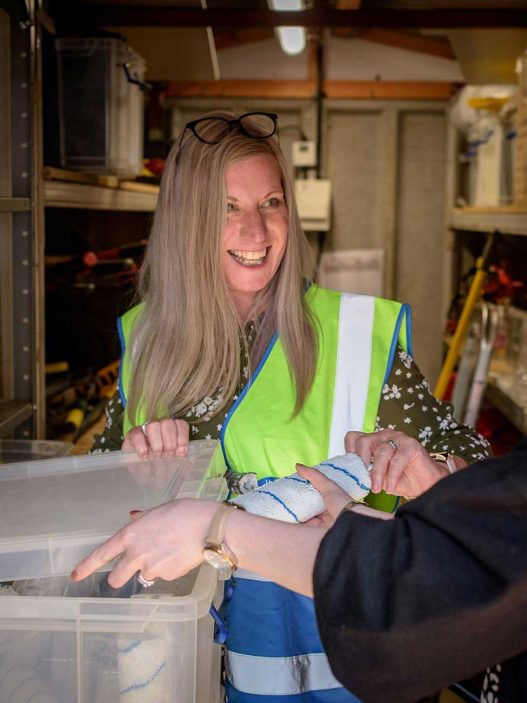Many people always find it difficult to master the key aspects that define an entrepreneur. Most of us find being an entrepreneur as an exciting journey full of daring ideas and ambitious ventures. But behind each story of success or failure lies people with different combinations of creativity, resilience, and adaptability. Although there has been much discussion about the need for formal education among entrepreneurs, recent findings from INSEAD’s Alumni Entrepreneurship Report suggest that an MBA or any other well structured degree can empower entrepreneurs and boost their technical knowledge, to help them tackle their business ventures with more precision and strategic vision.
The qualities that make entrepreneurs successful are slowly coming to light as more and more people venture into entrepreneurship.
Embracing the entrepreneurial drive
The entrepreneurial drive is something that often begins with a little restlessness, or a sense that makes one feel there’s more to achieve than what the conventional career path offers. According to INSEAD, almost 73% of their alumni have taken up entrepreneurial roles immediately after they completed their studies. Their report found out that many MBA graduates have actually turned their education into a launchpad for creating ventures that span across various industries and geographies. This suggests that the journey is not simply about launching a business; it’s also about transforming an idea into something real and impactful. It’s also worth noting that the alumni are not just here to build businesses – they’re actively setting new standards and pushing boundaries in traditional fields, with each of their ventures contributing to the larger entrepreneurial landscape.
Learning to scale and succeed
The early stages of entrepreneurship are notoriously difficult, and success isn’t guaranteed. However, INSEAD’s data reveals that 30% of alumni who took over existing businesses saw a revenue growth of at least 11% within the first year. Scaling isn’t just about ambition; it requires a precise balance of skills and a strategic mindset. The entrepreneurs who succeed understand the importance of refining their skills and making informed decisions to guide their companies’ growth. Here, education plays a powerful role – not just in equipping them with business acumen, but in instilling a discipline that becomes essential when scaling new or inherited ventures.
Cultivating an entrepreneurial ecosystem
Entrepreneurship doesn’t go hand in hand with isolation. The INSEAD report highlights that each graduate has, on average, founded 3.5 ventures, showing that many continue to cultivate and invest in new ideas even after their first success. This trend points to a community where ventures aren’t just single projects but part of a broader entrepreneurial ecosystem. Most of these graduates are already experienced in business before enrolling, and are able to use the insights and connections gained from their MBA to bolster this network of innovation. As they create and recreate ventures, they bring a cumulative effect that strengthens not just individual ventures but also the global entrepreneurial scene as a whole.
Shifting towards social impact
Interestingly, modern entrepreneurship is evolving to embrace social impact, not just profitability. INSEAD’s study found that 33% of the new ventures founded by their alumni in the last 15 years had a social mission, doubling the figure from 30 years ago. Sustainability, healthcare, and social responsibility are becoming central themes, indicating a shift toward businesses that strive to benefit society. This drive for positive change signifies that today’s entrepreneurs are focused not only on their financial success but also on making a difference, by aligning their business goals with broader societal needs.
Modern entrepreneurs embody a unique blend of courage, innovation, and adaptability, continually pushing the limits of what’s possible. Perhaps they are a little crazy, certainly brave, and undeniably the architects of tomorrow’s successes.























